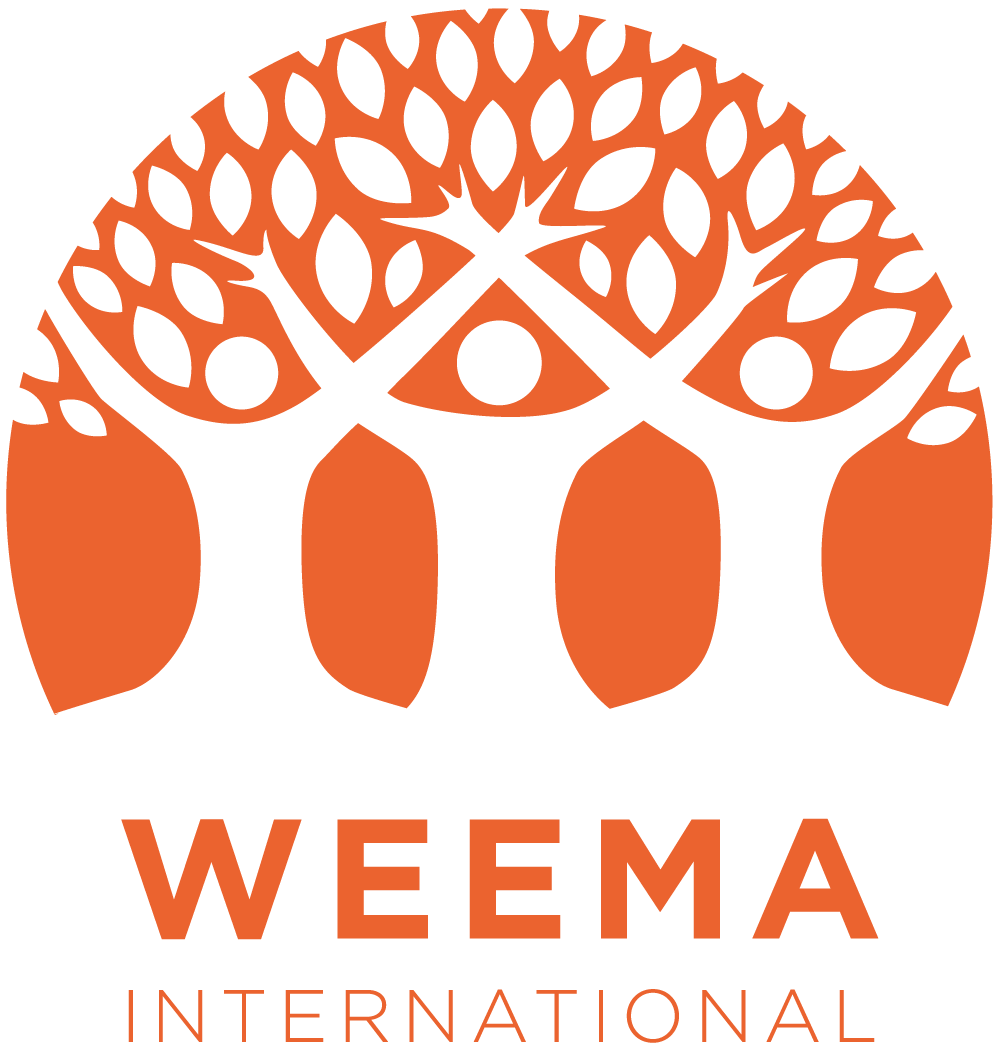Menstral Hygiene Management
THE ISSUE
Menstrual hygiene management (MHM) is defined as women and adolescent girls using a clean menstrual management material to absorb or collect menstrual blood, that can be changed in privacy as often as necessary for the duration of a menstrual period, using soap and water for washing the body as required, and having access to facilities to dispose of used menstrual management materials.
Many women and girls in rural Ethiopia face numerous challenges when it comes to menstrual health and hygiene management. The situation is largely influenced by cultural norms, socio-economic status, and lack of infrastructure.
Lack of access to menstrual products: The lack of access to affordable and hygienic menstrual products is a major issue. Most women in rural Ethiopia rely on old rags, leaves, or even mud to manage their menstruation, which can increase the risk of reproductive and urinary tract infections.
Lack of WASH facilities: WASH stands for water, sanitation, and hygiene. A significant portion of rural Ethiopia has limited access to clean water and sanitation facilities. This lack of access poses a significant barrier to maintaining menstrual hygiene.
Menstruation taboos and cultural norms: Menstruation is often surrounded by cultural taboos and misconceptions in rural Ethiopia, which can contribute to stigma and silence around the subject. This can lead to a lack of education and understanding about menstruation, further exacerbating negative perceptions about menstrual health and hygiene management.
Lack of education: Education about menstruation is often insufficient or even non-existent in rural areas. This lack of knowledge can perpetuate myths and misunderstandings about menstruation, leading to harmful practices and social exclusion. It can also contribute to a lack of awareness about the importance of hygiene during menstruation.
Because of these wide-ranging challenges, many girls miss school days during their periods. These routine absences can lead to girls falling behind in class or leaving school all together. Dropping out of school puts girls at risk for early marriage and pregnancy, limits economic opportunities, and increases their likelihood of experiencing gender based violence. Longer term, it can perpetuate intergenerational poverty.
WEEMA’S COMMUNITY-LED INTERVENTION
WEEMA partners with government schools to establish comprehensive menstrual health and hygiene management programs. These programs include distributing sanitary products and underwear to girls, constructing WASH facilitates including latrines, establishing dedicated rooms for girls to rest while at school, providing extensive MHM training for teachers, and facilitating peer-to-peer learning through dedicated school clubs.
MENSTRUAL HEALTH LOG FRAME
(What is a log frame? A logical framework, often referred to as a log frame, is a planning tool used in international development to design, implement, monitor, and evaluate projects. It establishes a coherent structure to identify and express the project's goals, objectives, activities, inputs, outputs, outcomes, and impacts, while also defining the indicators for measuring success and identifying potential risks and assumptions. This framework fosters accountability and ensures that projects are effectively addressing identified needs and expected results.)
MHM SCHOOL DATA DASHBOARD
SUCCESS STORY
As a 7th grader, Selamnish works hard at school. She loves math and reading and wants to be a professor when she grows up. Despite living just five minutes away, Selamnish would miss at least three school days every month when she had her period. Her family couldn’t afford to buy pads, and she had to make do with unhygienic rags. This all changed when the Menstrual Hygiene Project was introduced to her school. Selamnish and her fellow students now have access to menstrual pads, a menstrual room with beds (for when not feeling well), and a private shower room and bathroom.
ALL students (boys, too!) participate in peer-to-peer discussions on menstrual health, hygiene, and gender equality. A water point at the school has made it easy for students to get a drink or wash up.
Selamnish and her classmates no longer have to miss school due to something as natural as their period. Currently, four schools participate in the Menstrual Hygiene Project, impacting the lives of over 1,100 girls.



